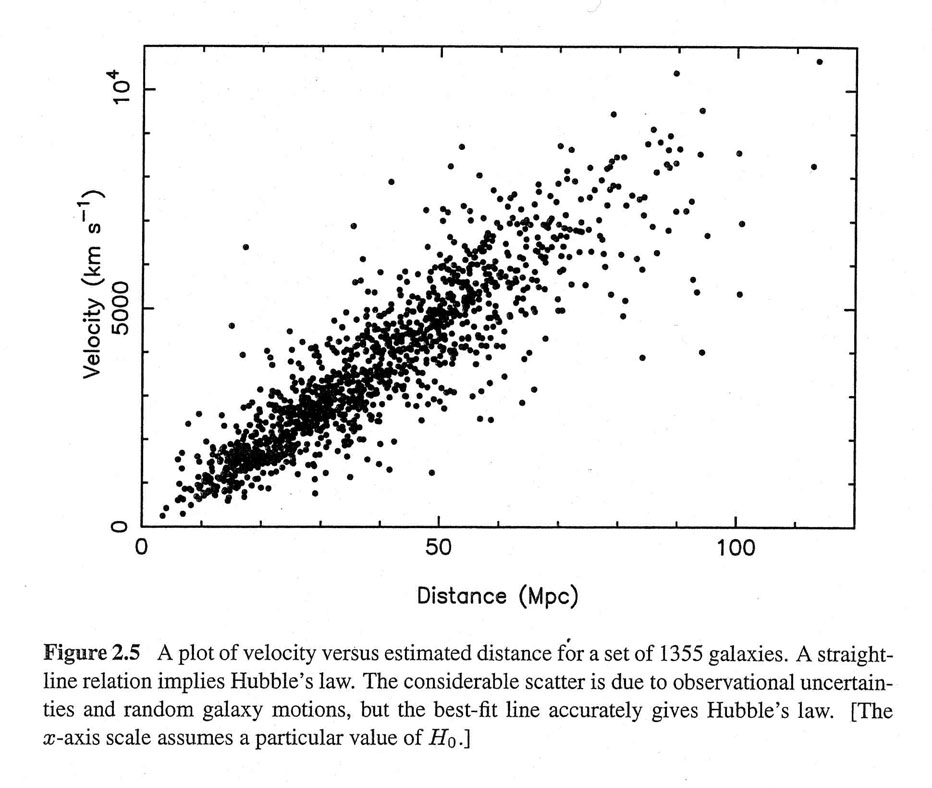THX1138 wrote: ↑Fri Dec 16, 2022 8:52 am
OK I'll take that as a no, its wasn't.
It just seems to me that if it was to hot to form elementary particles at the very beginning then why couldn't it, there was no mass to anything
I've been thinking of how to answer your question, but I couldn't find an answer by searching Wikipedia.
Wikipedia wrote::
In physical cosmology, cosmic inflation, cosmological inflation, or just inflation, is a theory of exponential expansion of space in the early universe. The inflationary epoch lasted from 10−36 seconds after the conjectured Big Bang singularity to some time between 10−33 and 10−32 seconds after the singularity.
So Wikipedia told us how long the cosmic inflation lasted, but not how big the Universe grew during inflation. And it didn't give us much of an estimate of the acceleration rate of the Universe during this time, either.
However, other sources were more forthcoming:
BBC Sky at Night Magazine wrote:
(The general theory of relativity) reveals space-time to be a kind of backdrop to which the galaxies are effectively nailed.
That ‘backdrop’ – not being a material thing – can expand at any rate it likes. And it certainly did.
That was during the epoch of inflation, during the first split-second of the Universe’s existence, when the expansion of the Universe occurred at a rate that was effectively far faster than the speed of light.
So, basically, things
in the Universe can't move faster than light, but the Universe itself is not constrained by any such speed limit. And it did move faster than light during inflation, according to Marcus Chown of BBC Sky at Night Magazine.
And from our point of view, some galaxies are indeed moving faster than light. As the Universe expands and indeed accelerates, it carries the galaxies with it. As it does so, the galaxies move farther and farther away from us, and they also seemingly pick up speed - after all, that is what Hubble's law is all about.
So if the expansion of the Universe carries the galaxies with it, and if galaxies recede from us faster the farther away they are, then there will be a point at which the galaxies recede from us faster than the speed of light. After that, we can never again observe them, because their light will never reach us. (Or if somehow their light does reach us anyway, it will be so redshifted that we can't detect it.)
Admittedly, exactly what happens at the cosmic event horizon is a tricky question, and not one I should try to explain. If you want to, you can find an explanation
here. Good luck understanding it.
That's the best I can do for you.
Ann
